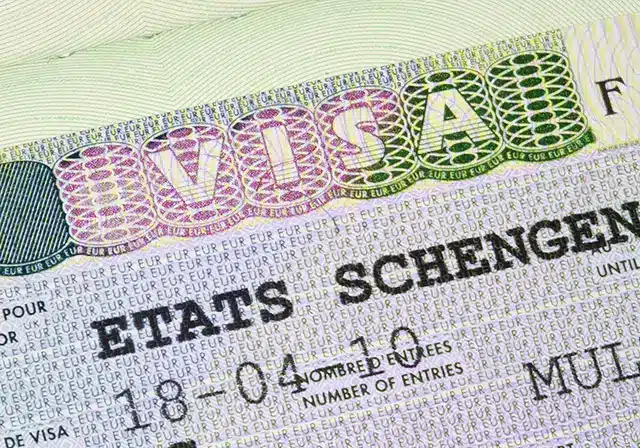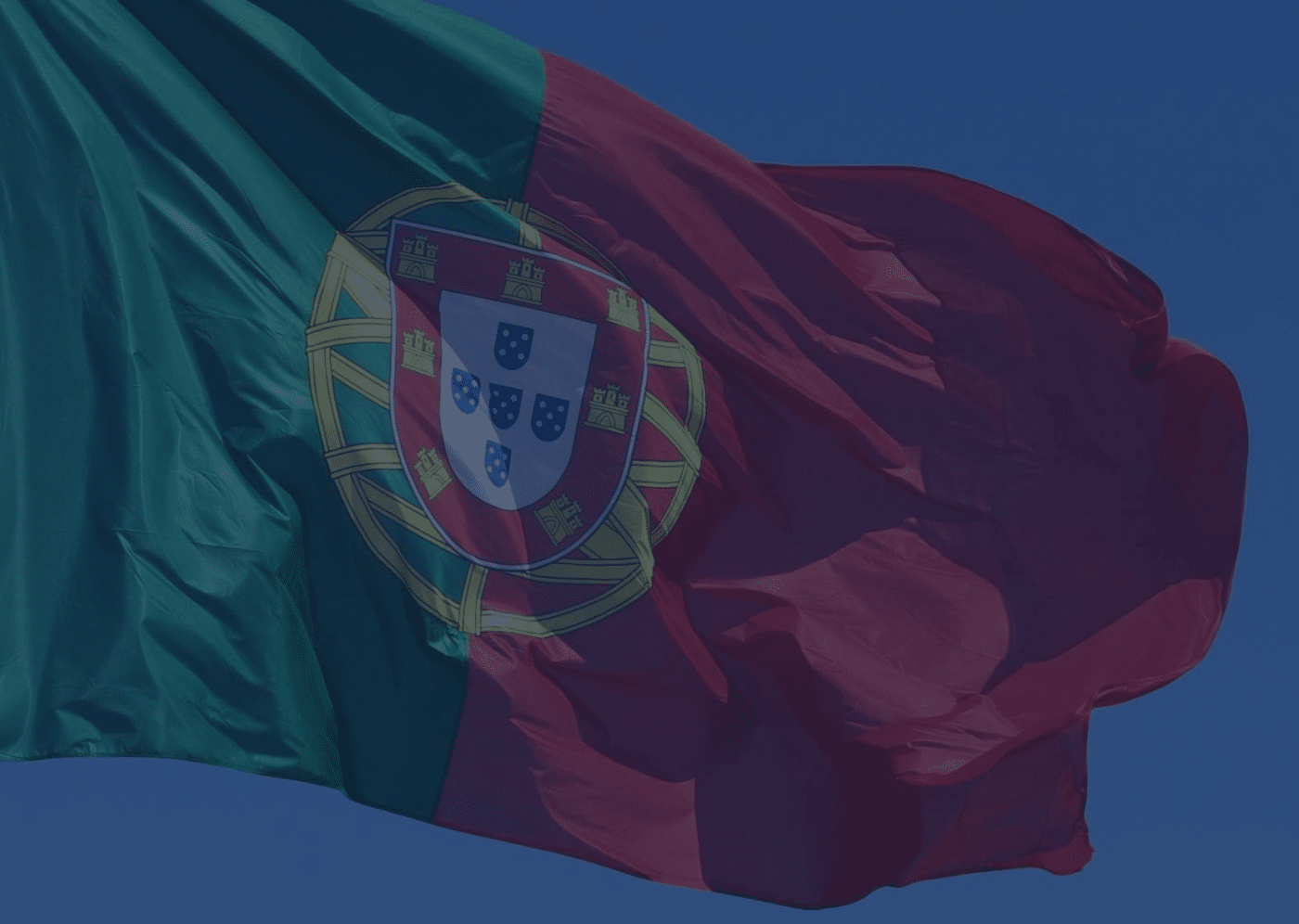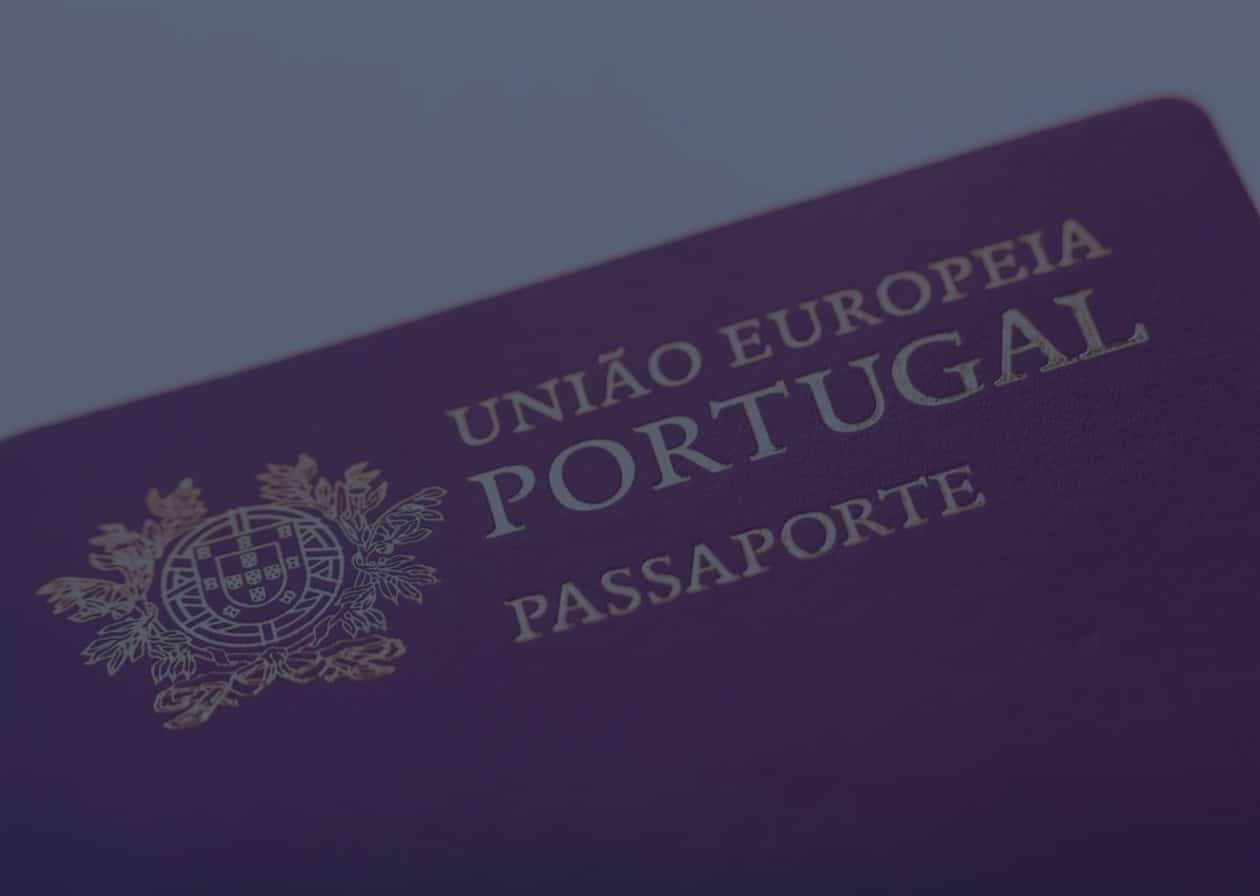Since 2012, Portugal’s Golden Visa (also known as the Portugal Investment Visa) has been a popular choice for people looking to gain European residency, travel freely in the Schengen Zone, and work towards Portuguese citizenship. Over the past few years, though, the program has seen some big changes.
The biggest change came in October 2023, when Portugal stopped allowing real estate investments for the Golden Visa. Since then, new rules, the switch from SEF to AIMA, and other updates to immigration laws have continued to change how the Golden Visa works for applicants.
In this article, we’ll break down the latest changes to the Golden Visa, look at the current investment options, and explain what these updates mean if you’re thinking about applying.
Quick Summary About the Portugal Golden Visa Changes
- In 2023, there were significant changes to the Portuguese Golden Visa program, and all real estate investment routes were removed.
- The Portugal Golden Visa Program is still active in 2026 and remains one of the world’s most sought-after residency by investment schemes.
- Remaining investment pathways for Portugal’s Golden Visa include venture capital funds, job creation, and cultural donations.
- In 2025, the government also proposed changes to the Portuguese nationality law that may impact Golden Visa holders.
- The draft law includes extending the minimum residency period for citizenship from 5 years to 10 years for most non-EU citizens.
⚠️ Portugal Nationality Law Changes 2025
On June 23, 2025, the Portuguese Government announced plans to amend the Nationality Law and the legal framework governing immigration. The proposals have passed the plenary vote on October 28, 2025, which marks a significant step forward in the legislative process.
Among the measures under discussion are an increase in the residence requirement for nationality from five years to ten years – seven years for nationals of CPLP and EU countries – and a change to how residency time is calculated, so that the clock would start when residency is issued rather than when the application is submitted.
These changes are not yet law. They must still undergo Presidential review. At that stage, the President may promulgate the law, issue a veto, or request a review by the Constitutional Court. The final text may still be amended, including any transitional provisions or possible grandfathering rules, but they might not be enacted because the law is not final until its promulgated.
For the latest information regarding these changes, read Portugal Nationality and Citizenship Changes 2025
What has changed in the Portugal Golden Visa program?

In 2025, there were several proposed changes to the Portugal nationality law that could affect Golden Visa holders, even though the Portugal Golden Visa wasn’t explicitly mentioned in any potential updates.
For example, proposed changes include extending the minimum residency for citizenship applications to 10 years for non-EU citizens and 7 years for CPLP citizens.
That means Golden Visa holders can still apply for permanent residency after five years, but might have to wait an additional five years before applying for citizenship.
However, the most significant reform to the Golden Visa in Portugal came in 2023, when the government passed the “Mais Habitação” housing bill. In October 2023, Portugal Golden Visa real estate changes removed all real estate investment routes, which had long been the program’s cornerstone.
This included residential and commercial property purchases, as well as rehabilitation projects. At the same time, the popular €1.5 million capital transfer option was also eliminated.
However, as it stands in 2026, the Golden Visa program itself remains unchanged, with current investment categories still valid.
The only change affecting Golden Visa applicants is that AIMA has implemented a strict “complete-file” rule. Any application submitted without full documentation is rejected outright.
This is to reduce delays, as in 2024, Golden Visa applications moved to AIMA’s digital portal, streamlining submission and status tracking.
What has remained the same?
Even though there have been plenty of changes and a few proposals, there are still some aspects of the Golden Visa in Portugal that remain the same. Here are a few of the details that are unchanged:
- The minimum amount of time you need to spend in the country is still the same. You only need to be in Portugal for seven days in the first year, and then 14 days per year for subsequent years.
- The Portuguese Golden Visa allows you to still include your family in the application.
- Your Schengen Area travel isn’t restricted, as you can still travel freely throughout the area without an additional visa.
What investment options are still available for the Portugal Golden Visa?
Even though real estate investment has been removed, other options remain available.
Golden Visa investment funds: With a minimum investment of €500,000, qualifying funds are managed by fund managers accredited by the Portuguese Securities Market Commission (CMVM), Portugal’s regulatory body. You can choose from the energy, industry, and technology sectors for the Portugal Golden Visa fund investment route.
Donation to Portuguese arts and culture: Donating or investing a minimum of €200,000 (for projects in low-density areas) but typically of €250,000, into qualified projects in Portuguese Arts, National Heritage, or Culture.
Scientific research: Capital transfer equal to or more than €500,000 in research activities conducted by public or private scientific research institutions involved in the national scientific or technological system.
Creation of 10 jobs: Under the program, investors must create at least ten full-time jobs. In low density population areas, this number is reduced to eight. All these positions must align with Portugal’s labor and social security standards.
Company set-up option: Foreign entrepreneurs and investors can establish or invest in an existing Portuguese business. There are two investment options in this category:
- Incorporate a company in Portugal, with a share capital of €500,000 plus creating five permanent jobs
- Increase the share capital of an existing Portuguese company by €500,000 and fulfill the job requirements as stipulated by the Portuguese Government.

New Social Investor Visa Portugal
A notable change also involved introducing the New Residence Permit for Solidarity Investment, also known as the Social Golden Visa. This initiative aims to channel private capital into social investment for immigrant integration projects.
This includes investments in reception infrastructure, integration projects, and support for vulnerable immigrants.
The Government views this residence-by-investment program as a tool for the Migration Plan and the “Build Portugal” Plan, suggesting a new Golden Visa option through investment in affordable housing projects.
Previous Changes to Portugal’s Golden Visa
The 2022 reforms were an earlier step in tightening the program. On 1 January 2022, Portugal restricted where real estate investments could qualify.
Investors could no longer buy property in Lisbon, Porto, or most coastal areas; instead, eligible real estate investments were pushed toward interior regions and the Azores or Madeira.
At the same time, the minimum thresholds for certain options increased. The venture capital transfer route rose from €1 million to €1.5 million, and the minimum for investment funds increased from €350,000 to €500,000.
These measures were introduced to redirect foreign capital away from overheated urban property markets and toward more diversified and sustainable sectors of the economy. The following changes came into place on 1 January 2022:
- Investors cannot invest in residential property in popular urban areas such as Lisbon, Porto, and much of the Algarve, as well as coastal towns like Setúbal and the Silver Coast.
- Applicants can no longer get residential property in major cities such as Lisbon or Porto, or in coastal towns of the mainland. Now, you can only buy residential property in designated interior areas of Portugal worth at least €500,000 or €350,000 if investing in a rehabilitation project. If the residential property is located in a designated ‘low-density’ area, then a 20 percent discount applies.
- Investors can purchase commercial property anywhere in the country worth at least €500,000 or €350,000 if investing in a commercial rehabilitation project. If the commercial property is located in a designated ‘low-density’ area, then a 20 percent discount applies.
- Investors can buy residential and commercial property anywhere in Portugal’s autonomous islands of Madeira and Azores, worth at least €500,000 or €350,000 if investing in a rehabilitation project.
Capital transfers changes in 2022 included:
- The capital transfer amount requirement increased from €1 million to €1.5 million.
- The Investment fund’s minimum subscription requirement increased from €350,000 to €500,000.
- Investment in scientific research increased from €350,000 to €500,000
- Investment into an existing Portugal-registered business increased from €350,000 to €500,000
- An investment in the arts and cultural heritage worth €250,000 stayed the same.
Implications of 2022’s Changes to the Portugal Golden Visa

While some stakeholders vocalized opposition to the changes, they’re not necessarily seen as ‘good’ or ‘bad.’ Rather, Portugal’s Golden Visa changes were designed to drive investment in Portugal’s interior areas, relieving pressure from metropolitan locations and encouraging foreign investment into other areas of the country.
From 1 January 2022, investors could not buy residential properties in popular urban areas of the country like Lisbon, Porto, and much of the Algarve, as well as in coastal towns like Setúbal and the Silver Coast.
Only residential property investments in interior parts of the country qualify (there are no location restrictions on commercial real estate).
In the wake of the changes, alternative investment routes to Portuguese residency have become more popular, namely the investment fund option.
Impact of 2022’s Golden Visa changes on existing investments
If you were in the process of purchasing a property in a thriving urban area, you would not have been impacted by the Portugal Golden Visa updates. However, from 1 January 2022, if you had been interested in purchasing a property in Lisbon, Porto, or parts of the Algarve, you could not buy property and apply for the Golden Visa program.
Following the end of the real estate route, the Portugal investment fund Golden Visa is a very attractive investment route.
Golden Visa Delays Causing Applicants to Take AIMA to Court

As part of the Golden Visa process, applicants must attend an AIMA appointment to provide the required legal documents and for AIMA to collect their biometric data.
Once AIMA analyzes the Golden Visa application and receives the go-ahead, the agency indicates the dates available to schedule the appointment.
This process should take about three months, but because of the agency’s slow pace of processing residency and immigration paperwork, thousands of complaints have been filed against AIMA. As many as 50 complaints per day have made their way through the legal system, and recent estimates peg the total number of complaints to around 8,000.
A large percentage of the legal actions are aimed at compelling AIMA to provide definitive decisions on individual Golden Visa applications.
These legal measures have been successful in many cases, benefiting not only applicants awaiting final decisions but also those still seeking pre-approval.
It’s important to note that while courts cannot directly decide on Portugal Golden Visa applications, they can require AIMA to issue decisions within specified deadlines. If AIMA fails to comply, its directors could be held accountable, as higher courts have already ruled.
These lawsuits are proving to be an effective tool for addressing the ongoing Portugal Golden Visa delays as legal action has often accelerated timelines by pressuring AIMA to prioritize responses.
However, even with legal intervention, further bottlenecks could arise during subsequent stages, such as biometric data collection. The hope is that at that point, a more streamlined system will be in place, although the potential need for additional legal measures cannot be entirely ruled out.
Portugal’s Golden Visa: What to Expect in the Future

The Portugal Golden Visa program continues to evolve. While real estate investments were removed in 2023, the program remains a vital way for Portugal to attract foreign investment and channel international capital into areas such as venture capital fund investment, private equity funds, and research activities.
Going forward, foreign investors can expect stricter oversight by Portuguese authorities, particularly when working with a Portuguese financial institution or when choosing qualifying funds.
For existing Golden Visa holders, the government has confirmed that their Golden Visa residency status and renewals remain protected. This means that current Golden Visa holders and their dependent children can continue family reunification and maintain their Golden Visa residence cards.
Successful renewals will, however, depend on compliance with Portuguese regulations, including proof of a Portuguese bank account, settlement of any outstanding tax payments, and, in some cases, proof of private health insurance.
For new applicants, the focus has shifted to more sustainable investment routes. Options include contributing €500,000 to an existing Portuguese business that creates at least five permanent jobs, or investing in a commercial company under Portuguese law.
Another popular route is fund investment through qualifying funds managed by a Portuguese bank or licensed management company, often structured as private equity funds. These routes are designed to support the Portuguese economy, from job creation to the protection of national cultural heritage.
Despite ongoing debates in the Portuguese Parliament about migration policy and the role of foreign residents in the housing crisis, the Golden Visa program continues to be a core mechanism to attract international capital, support cultural heritage, and strengthen the Portuguese economy.
Portugal still offers a stable, rules-based framework for foreign investors to achieve legal residency, benefit from social security, health insurance, and Portuguese tax regimes such as IFICI, and, in time, obtain citizenship after permanent residency.
Why choose Global Citizen Solutions for your Portugal Golden Visa?
- Global approach by local experts: A team of experienced local case executives, immigration lawyers, and investment specialists based in Portugal.
- Independent service:We are not a marketing agency for any projects. You will access all eligible routes for the Golden Visa, with over 40 vetted qualifying investment options, so you can decide on the best option for you.
- 100% approval rate: We have the unique distinction of never having had a Golden Visa case rejected and have helped hundreds of clients from more than 35 countries.
- All-encompassing solution: Our dedicated onboarding and immigration teams will assist you throughout the process and beyond with a single channel of communication.
- Transparency: Our fees are clear and detailed, covering the entire process with no hidden costs.
- Privacy: Your personal data is stored within a GDPR-compliant database on a secure SSL-encrypted server.
To see the full list of reasons why to work with Global Citizen Solutions for your Portugal Golden Visa, you can find out more here: Why Work with Global Citizen Solutions for Your Golden Visa Portugal Application?



